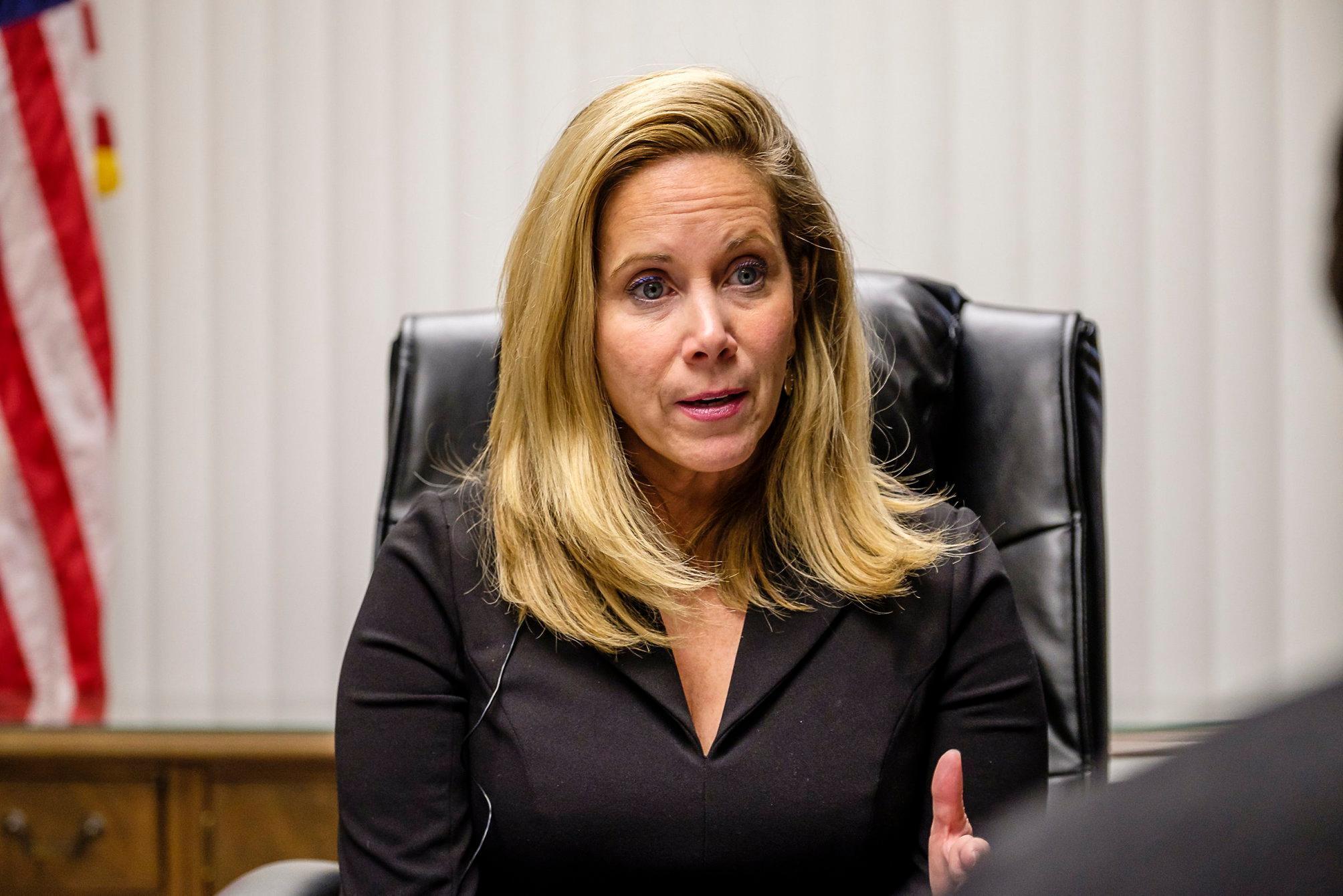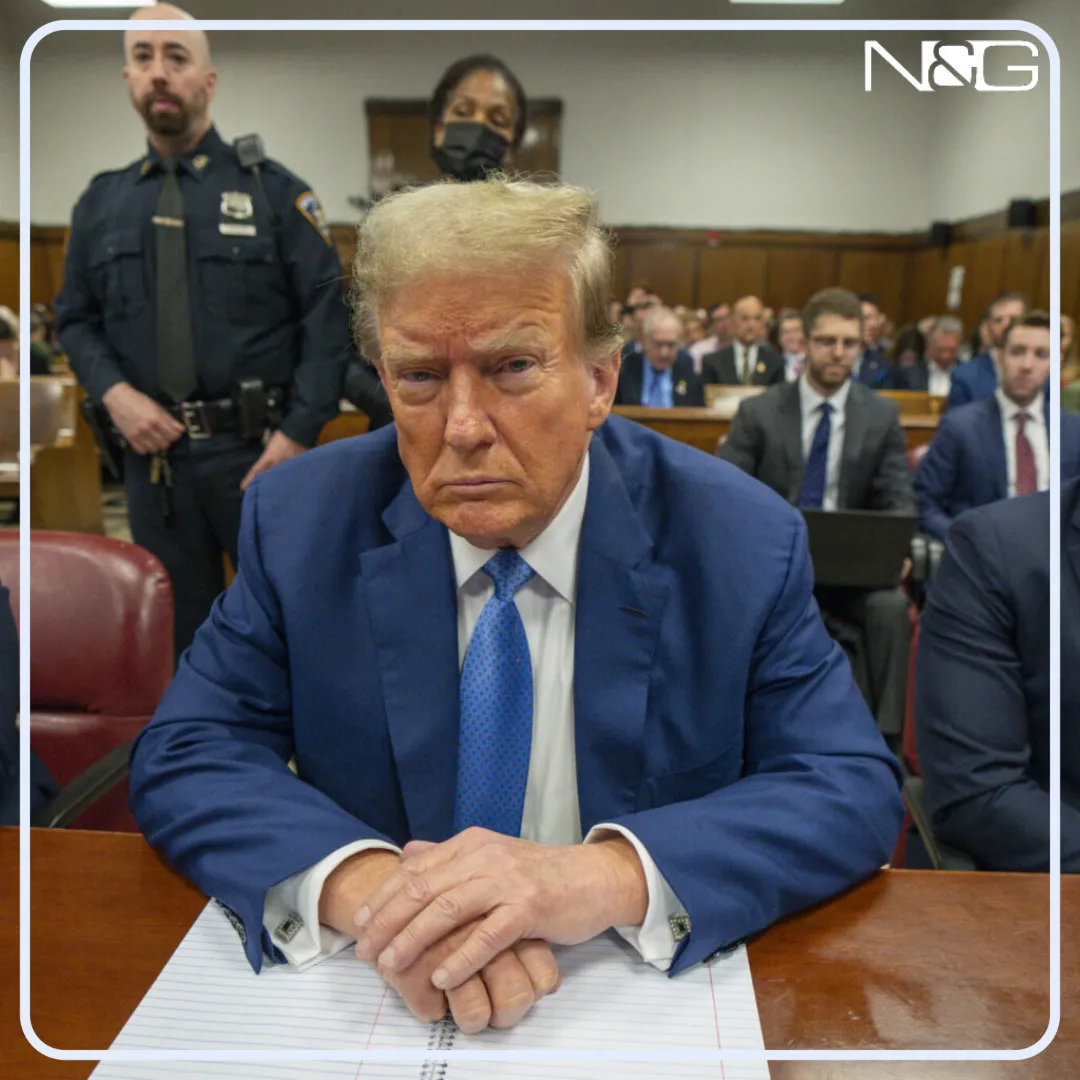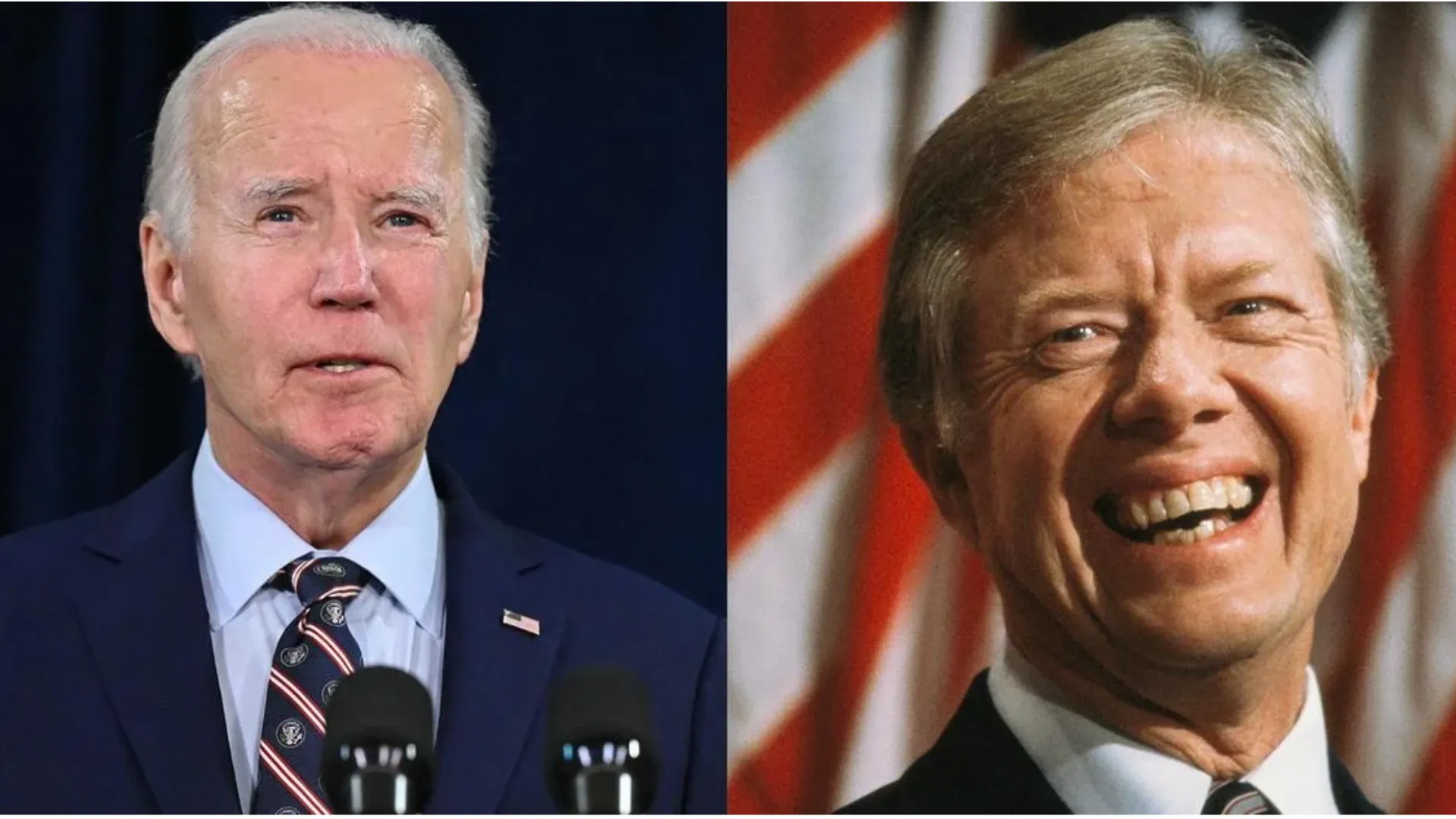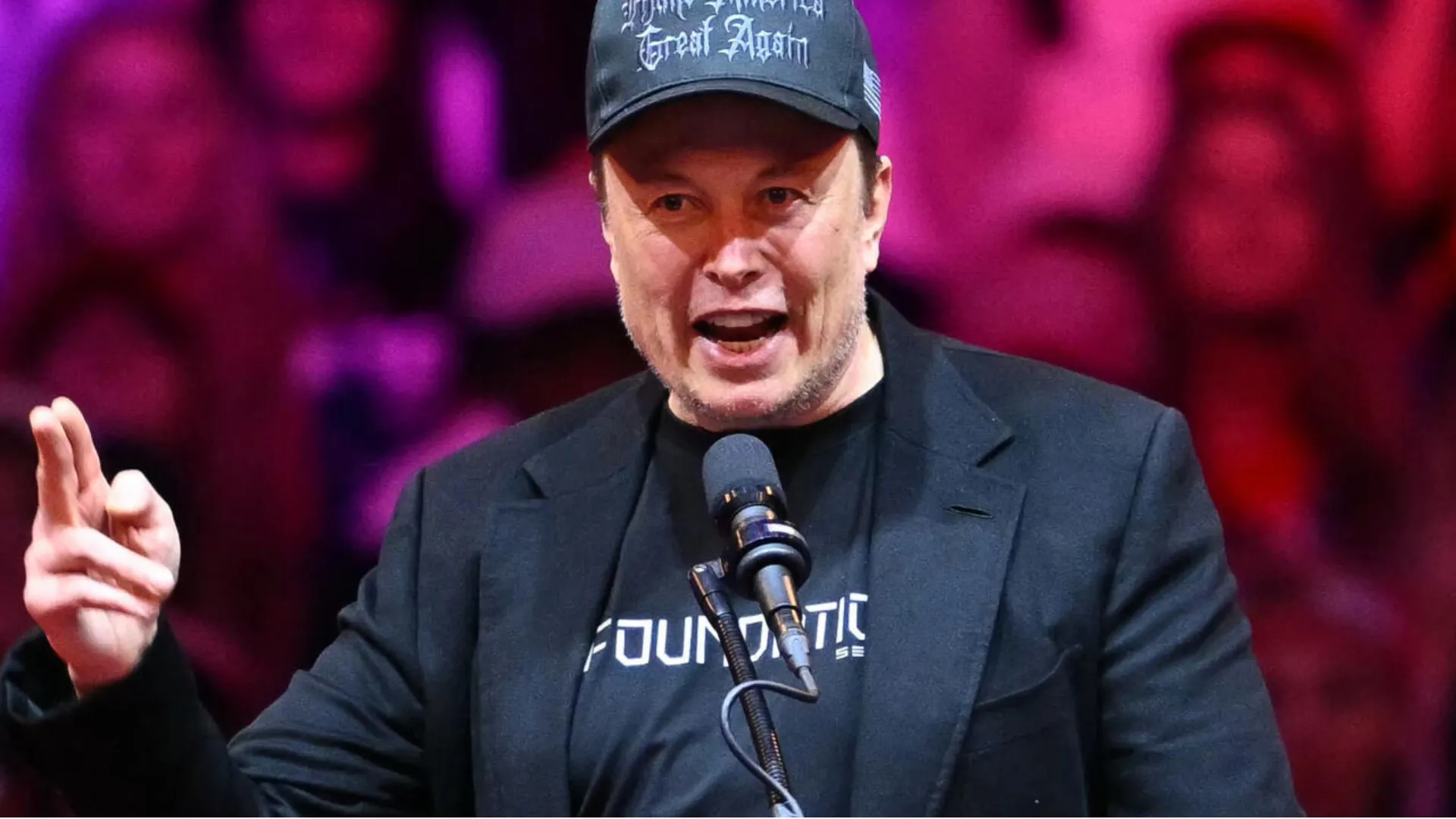
Rep. Laura Gillen (D-N.Y.) criticized Vice President J.D. Vance’s recent speech in Munich, calling it an act of “pure hypocrisy.” Speaking on a CNN panel Sunday, Gillen condemned Vance’s remarks, which accused European leaders of suppressing speech and imposing authoritarian-like restrictions.
“It’s pure hypocrisy,” Gillen said. “What J.D. Vance is doing in Germany is really concerning.”
Vance’s speech, delivered at the Munich Security Conference, argued that Europe’s greatest threat was not foreign adversaries but rather domestic policies that, according to him, restricted free speech and promoted mass migration.
His comments drew immediate backlash from European officials who rejected the comparison of their policies to authoritarian regimes.
German Defense Minister Boris Pistorius dismissed Vance’s claims, calling them “unacceptable.” German Chancellor Olaf Scholz also criticized the speech, describing Vance’s alignment with the far-right Alternative für Deutschland (AfD) party as “not appropriate.”
The controversy intensified after reports confirmed that Vance had met with an AfD leader on Friday, making him the highest-ranking U.S. official to do so.
The meeting occurred just weeks before Germany’s national elections on February 23 and as world leaders gathered in Munich for key security discussions.
Gillen expressed concern over Vance’s association with the AfD, a party widely criticized for its extreme rhetoric and nationalist stance.
“The Anti-Defamation League has called out the AfD, and J.D. Vance is embracing a group that flirts with Nazism,” Gillen said. “It’s really, really disturbing.”
AfD, known for its hardline anti-immigration policies, has gained traction in Germany despite widespread criticism. The party has faced scrutiny for ties to extremist groups, and German authorities have previously investigated its activities.
Gillen also pointed to rising antisemitism in the U.S. since the outbreak of the Israel-Hamas war, saying Vance’s actions were particularly troubling given the current climate.
“We’re seeing a rise in antisemitism in my district and across the country,” she said. “And now we have a U.S. vice president associating with a party that has a history of promoting dangerous rhetoric. That should concern all of us.”
The controversy surrounding Vance’s Munich speech was further fueled by his alignment with Elon Musk, who currently leads President Trump’s “Department of Government Efficiency.” Musk has also been linked to the AfD, raising additional concerns about U.S. officials engaging with far-right elements in Germany.

Gillen pointed out Musk’s recent actions in Germany, including his appearance at an AfD rally last month. During the event, Musk urged attendees not to feel ashamed of Germany’s past, a comment that was widely criticized given the country’s efforts to confront its Nazi history.
“Let’s not forget that the AfD is a party being boosted by Elon Musk,” Gillen said. “And now, we have a U.S. vice president following that same path. It’s unacceptable.”
German authorities have also accused Musk of interfering in the country’s elections, adding another layer of controversy to his involvement.
The backlash against Vance and Musk highlights broader tensions between the Trump administration and European leaders. While Trump has sought to shift U.S. foreign policy toward a more nationalist, America-first approach, European officials remain wary of Washington’s growing ties to far-right movements.
For Democrats like Gillen, Vance’s speech and his outreach to the AfD signal a troubling shift in U.S. diplomacy. She warned that embracing extremist parties abroad could damage America’s global standing and undermine democratic values.

“This isn’t about diplomacy,” she said. “This is about pushing a dangerous agenda that emboldens far-right movements at home and abroad.”
As the fallout from Vance’s remarks continues, it remains unclear whether the administration will address the criticism or double down on its stance.
For now, his visit to Germany has sparked international debate over the role of U.S. leadership in global affairs and the consequences of aligning with controversial political movements.




